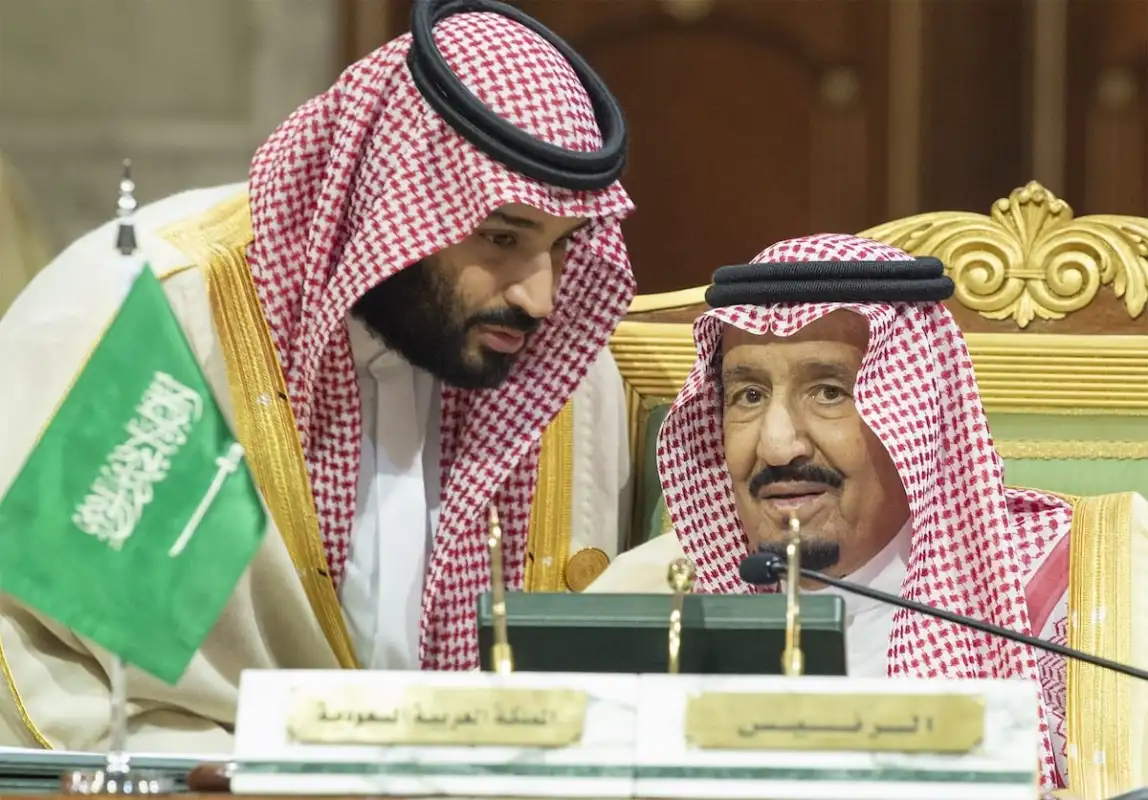masaharusato.com – The House of Saud, also known as the Al Saud, is the royal family that has ruled Saudi Arabia since its founding in 1932. The family’s history, however, dates back to the 18th century when Muhammad bin Saud, the ruler of the small town of Diriyah, joined forces with the Islamic scholar Muhammad ibn Abd al-Wahhab. This alliance laid the foundation for the expansion of their influence, combining political power with religious zeal.
The Rise to Power
The House of Saud’s rise to power was marked by a series of conquests and consolidations. After the fall of the first Saudi state in the early 19th century, the family regrouped and eventually reclaimed their territory. Abdulaziz bin Saud, also known as Ibn Saud, is credited with the unification of the Kingdom of Saudi Arabia in 1932. His military campaigns and strategic alliances led to the establishment of the modern Saudi state.
Governance and Leadership
The governance of Saudi Arabia is centered around the royal family, with the King serving as both the head of state and government. The House of Saud has maintained a grip on power through a complex system of family politics, balancing the interests of various branches and factions within the family. Succession is typically from brother to brother among the sons of Ibn Saud, although there has been a gradual shift towards the next generation.
Economic Influence
The discovery of oil in 1938 transformed the Saudi economy and cemented the House of Saud’s control over the nation’s wealth. The family has used oil revenues to modernize the country, fund social programs, and exert influence on the global stage. The Saudi Arabian Oil Company (Saudi Aramco), which is majority-owned by the state, is a key instrument of the family’s economic power.
Challenges and Criticisms
Despite their long-standing rule, the House of Saud faces various challenges. These include regional conflicts, internal dissent, and international criticism over human rights issues. The family’s response to these challenges has often been to balance reform with the preservation of traditional values and their own authority.
The Future of the House of Saud
The future of the House of Saud is closely tied to the leadership of the current generation, particularly Crown Prince Mohammed bin Salman. His Vision 2030 initiative aims to diversify the Saudi economy and reduce its dependence on oil. However, the success of these reforms and the family’s ability to navigate the complexities of the modern world will determine the longevity of their rule.
Conclusion
The House of Saud’s rule over Saudi Arabia is a testament to their ability to adapt and maintain power through changing times. As the family continues to navigate the challenges of governance, economic management, and international relations, their legacy will be shaped by their response to the demands of a rapidly evolving global landscape.
